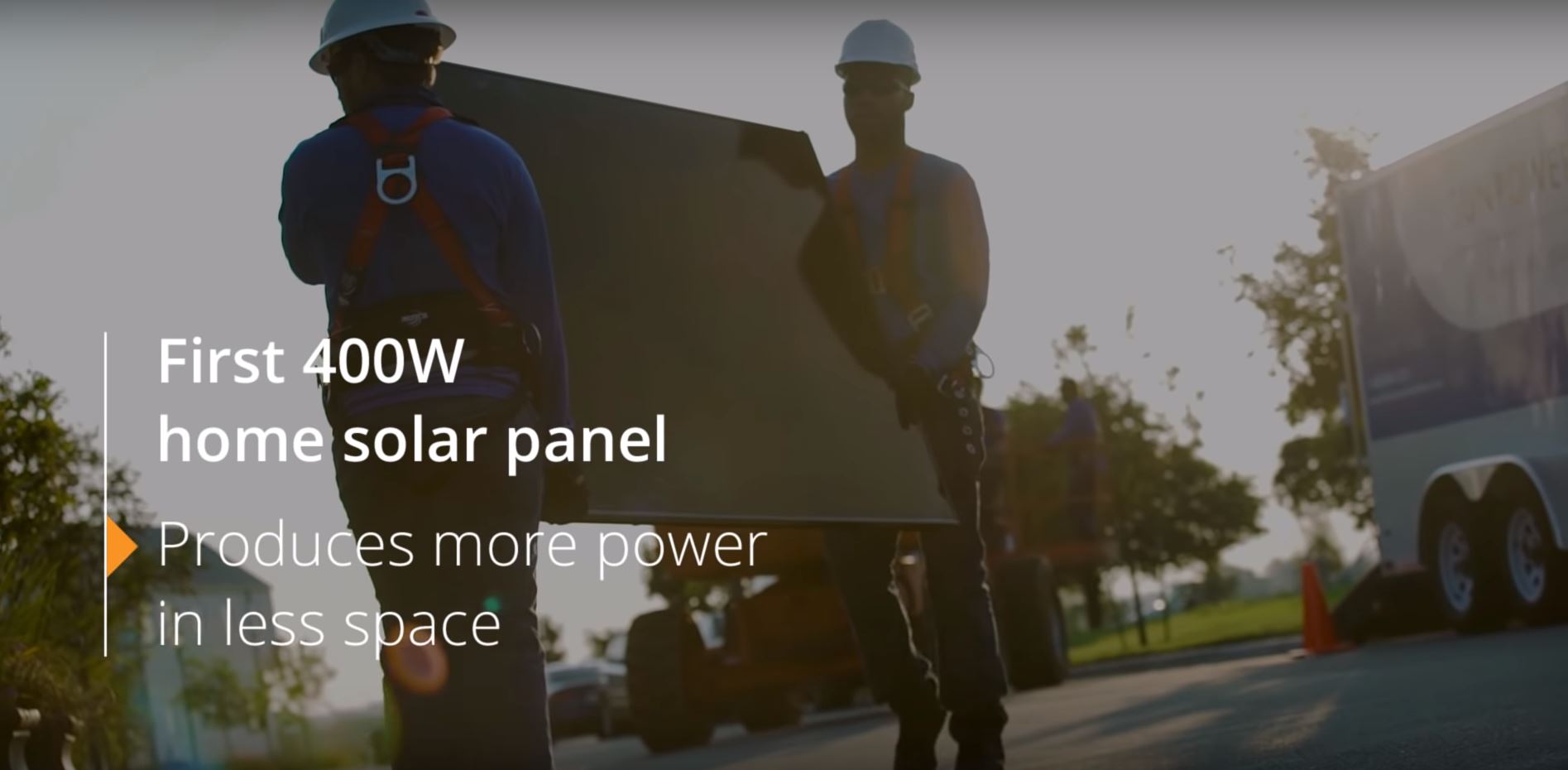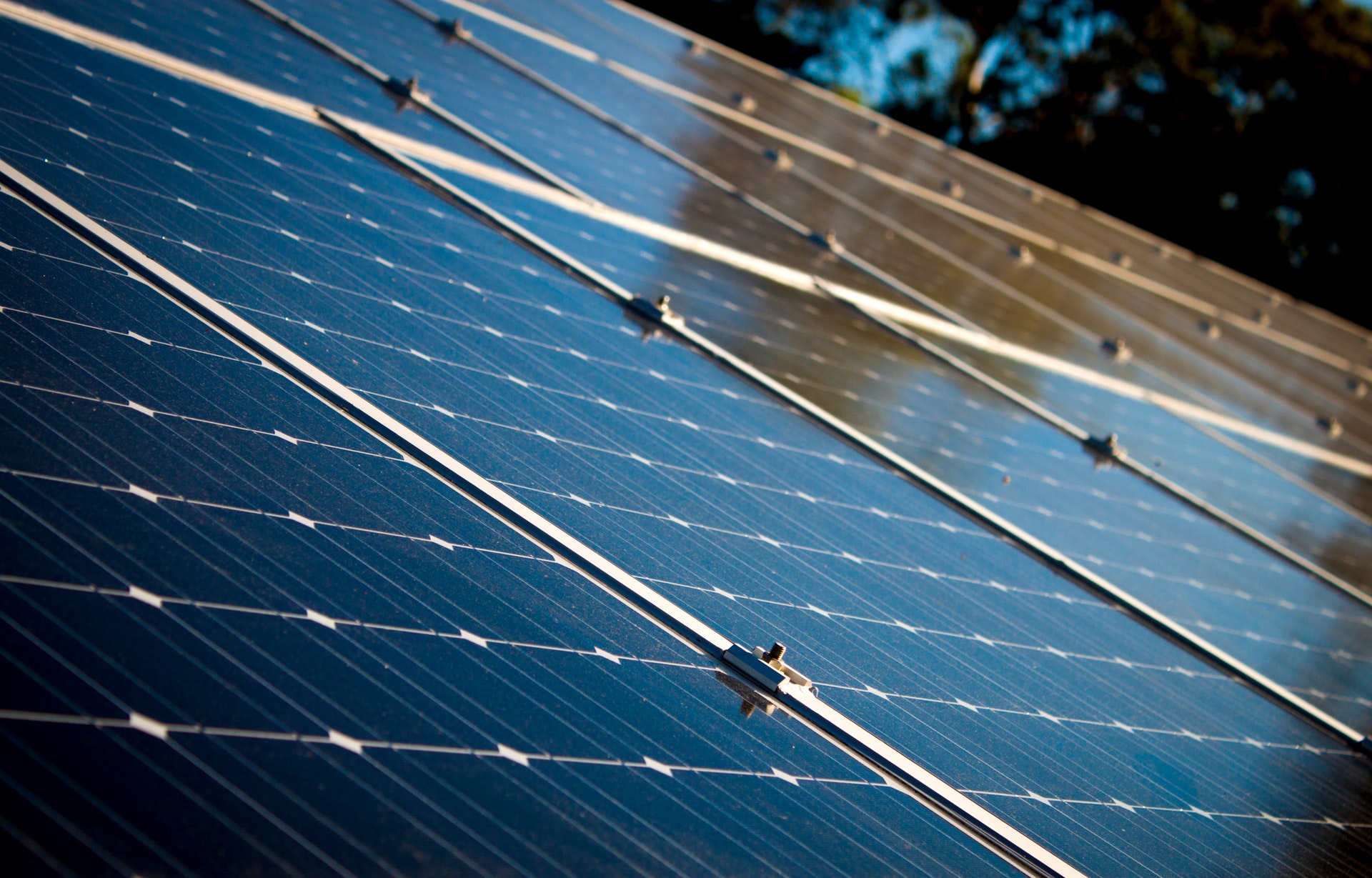The sun has always been there for as long as we can think. We’ve written poetry, music and even dreamed about it for ages, always marvelling at its crowned beauty and mystery. It wasn’t until recently when we started harvesting its power.
Solar energy has become one of our most recognizable forms of renewable energy, and also one of the most reliable ones in developing countries. Today, there are 1.4 billion people on the planet living without access to reliable power sources. Using solar energy-based solutions could ease their life and help run critical facilities. UK-based BBOXX now tries to get a foot into this business and support the people who need it most.
BBOXX leaps into the renewable energy industry
BBOOXX was born within the e.quinox charity project and founded by Mansoor Hamayun, Christopher Baker-Brian, and Laurent Van Houcke – in their second year at the Imperial College London. They intended to bring renewable energy to developing countries with BBOXX and gradually stemmed out of it. In March 2010, it became what it is today: an off-grid solar commercial venture that seeks to solve electricity problems and deliver solar-powered appliances to developing countries, specifically Africa and, as of today, some parts of Asia.
“We sell solar-powered battery products through a network of local franchisees, a strategy that facilitates better market understanding and ongoing customer service,” BBOXX told Wired, “Our financial goal is to create a company able to generate healthy returns for all stakeholders […] This will be achieved in a variety of ways, including long-term return-on-equity in line with the market, client satisfaction and repeat sales […] We will also continue to provide social benefits such as job creation and spur micro-economies in BBOXX’s regions of operation.”
From its London base, BBOXX is able to deliver packages of solar-powered batteries to several African countries through a broad network of distributors. So far, BBOXX has factories in China and two bases on Kenya and Rwanda, but they have set their eyes on expanding towards West Africa in the future. This is to deliver their services as far as possible, mostly to help local economies and to take as much advantage as possible from one of the areas most recognizable features: its sunny weather.
The sun at your service
Initially, BBOXX sold low-power appliances, such as LED light bulbs, LED TV, low power radio’s etcetera. As of today, however, they’ve added more products to their portfolios, such as shavers and more.
BBOXX’s products get powered through the solar panels and batteries they offer on their packages. Usually, these systems meet the needs and budgets of a broad range of customers, although they come with several distinct appliances. For example, a customer would pay around $4 for two lights and a radio, or $10 for two lights and a radio and TV, and so on.
As the system is modular, the customer could eventually buy other individual appliances for the system. In fact, you could think of BBOXX as a telephone service: you get as much as you’re willing to pay monthly. Even if you were to pay the cheapest package available, two light bulbs would be a lifesaver on the arid areas they’re most needed.
The data business
Another interesting aspect of the BBOXX panels is their partnership with InfluxDB, a time series database service that several big names, such as eBay and Cisco, have relied on for monitoring services. The panels that BBOXX offers are standard PV solar panels, although each one is fitted with a SIM Card that communicates with BBOXX systems back in the UK. David McLean explained it a bit more in detail to TechAcute:
“The panel will send voltage, current, and temperature data [with the help of a SIM Card]. Like this, we can monitor the performance of the battery and the product. We can see whether the battery is failing, whether the product is charging or discharging correctly. Then the customer will bring their unit [to the operation centers or local stores], we’ll swap it for a working unit and repair the broken one.”
He further explained, “The panels send information to us, and we store it in the InfluxCloud. We have our own software to retrieve information, analyze it and produce alerts or reports for the rest of the company.”
As complex as it sounds, BBOXX is, as Hamayun told Financial Times, “a big data business.” Its main features, and which distinguishes itself from other similar brands, are precisely its range and availability. Even though its home base and operation centers lie in London and in Kenya and Rwanda respectively, one can feel BBOXX’s presence in the quality of their products and even in some small local shops available in other parts of Africa, for all those that can’t afford a whole trip to these two countries. Very few startups manage to keep its presence in their target demographics as much as BBOXX does, and indeed very few offer the well-designed customer service that BBOXX integrated to its products.
Looking beyond the horizon
BBOXX’s current expansion plans are still its primary objective itself. However, they’re planning to provide new products, such as monitored LPG Gas canisters, in the future as well. Again, customers could pay for the gas they use on week by week basis rather than having to buy the whole cannister up-front, which could be costly. This would help especially local economies that need electricity more than ever, and which strive under the hot weather.
Sadly, BBOXX only provides these monitored services to African and Asian countries; America and Europe will have to depend on their own ways to get their electricity without the professional services that only BBOXX can offer. Still, it’s not something to frown upon: who says the other countries can’t follow up BBOXX example in the industry? We all, after all, live under the same bright sun.
Source: http://techacute.com/bboxx-solar-power-tech/


